Correction Options
The goal of vision correction surgery is to reduce or eliminate dependency on glasses or contact lenses for both distance and near vision tasks.
There are different ways to achieve this:
- Change the shape of the surface of the eye utilizing a laser (LASIK/PRK/ASA/Epilasik)
- Replace the natural lens in the eye with an artificial lens (Lens replacement surgery/ Cataract surgery/PRELEX)
- Adding an artificial lens in the eye without lens replacement (ICL)
LASIK surgery involves creating a very thin superficial flap of corneal tissue on a hinge, ablating or removing microscopic amounts with a very accurate laser, and replacing the corneal flap. Learn more.
PRK/ASA/Epilasik are different terms for the same procedure. Here a laser is used in the same way as LASIK surgery to change the shape of the cornea. The difference is that no corneal flap is created. Learn more.
Lens replacement surgery is more familiarly known as “cataract surgery”. However the lens may be replaced even before a cataract develops or in the early stages of cataract development. Learn more.
ICL – Intraocular contact lens is a very thin, foldable lens placed behind the pupil without removing the natural lens typically used to correct very high refractive errors in myopes/near-sightedness. The advantage of the ICL is that there is no permanent change made to the eye. Learn more.
What procedure is best for me?
Dr. Matzkin has been performing vision correction surgery for over 15 years. He is very experienced with all the latest technologies and has abandoned treatments like LTK and CK and Crystalens that do not work or don’t last. He has successfully performed treatment on many celebrities and world athletes, as well as other eye doctors, neighbors and family members.
Every patient is different and Dr. Matzkin will choose the procedure best suited to your circumstances and visual goals. Sometimes a combination of lens replacement and laser surgery is necessary to optimize your vision. The factors below contribute to Dr. Matzkin’s decision. It is best to schedule a consultation with him rather than have any preconceived notion of what might be best for you.
- Age
- Eyeglass prescription
- Corneal thickness and shape
- State of your lens
- Overall health of your eye
- Profession
- Sport or hobby

